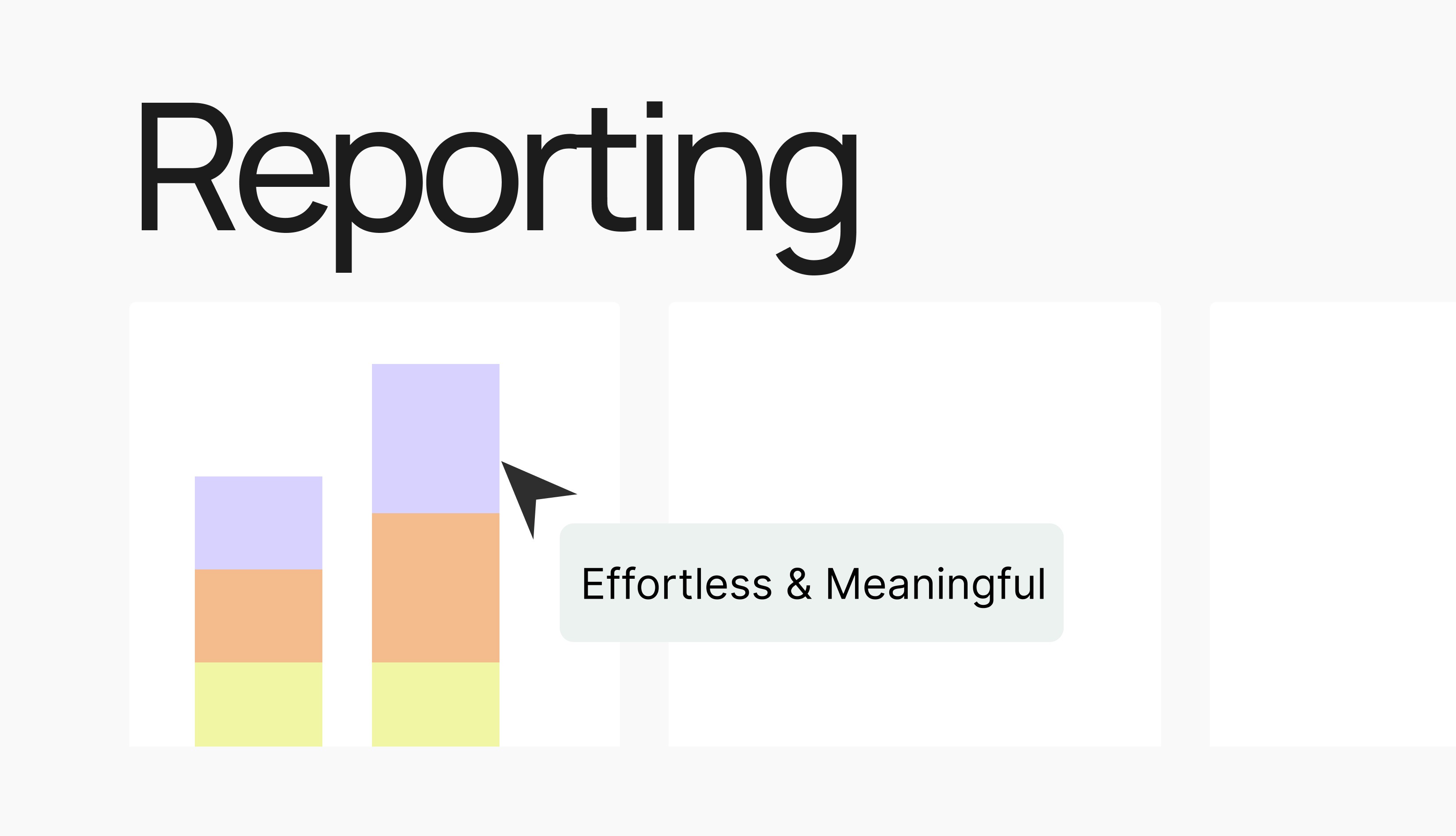A common issue we hear at Palm is that businesses are aware of their idle cash, but lack the time and resources to manage it effectively. This can range from the minor inconvenience of maintaining a small balance in an unused overseas account, to a larger problem of having unutilised funds scattered globally.
Treasurers have always strived to have their cash in centralised accounts, whether using cash pools or virtual account structures. However in more recent years, with the rise of interest rates, this topic has been given much airtime in board meetings and leadership conversations, as idle cash represents forgone interest income. This blog explores the concept of idle cash, its origins, and how we are on a mission to give treasurers the tools they need to forecast and manage their cash proactively and prevent idle cash balances from occurring in the first place!
What is Idle Cash?
Idle cash refers to money held by a company that isn't being actively used for business operations, investments, or other productive purposes. While maintaining some level of cash reserves is prudent for liquidity and unforeseen circumstances, excessive idle cash can represent a missed opportunity and become a drain on company resources.
Causes of Idle Cash
Several factors can lead to the accumulation of idle cash:
Overly conservative cash management: Some companies maintain higher cash reserves than is necessary due to risk aversion or uncertainty about future cash needs. Where this can proliferate is if cash is held in lots of decentralised bank accounts as ‘mini-buffers’ and specifically in different currencies.
Lack of investment opportunities: In certain economic conditions, businesses may struggle to find suitable investment options that meet their risk-return criteria or they lack the time to find a suitable structure with which to invest their cash.
Inefficient cash flow forecasting: Poor visibility into future cash needs can lead to over-cautious cash retention as treasurers are uncertain about what inflows and outflows they have coming up.
Tax considerations: Companies may hold cash offshore to avoid repatriation taxes, which is difficult to avoid.
Regulatory constraints: Certain industries may face restrictions on how they can use or move their cash, and often a lack of deep understanding of these requirements can lead to treasurers being over-cautious. And rightly so!
Trapped cash: This occurs when a company has cash in a foreign subsidiary that cannot be easily transferred to the parent company or other parts of the business. More on this coming up!
The Risks of Idle Cash
While having cash on hand might seem like a good thing, excessive idle cash can pose several risks to your business:
Opportunity cost: Every dollar or pound sitting idle is cash not being invested in growth opportunities, R&D, or other value-creating activities.
Reduced returns: In low-interest-baring accounts, the returns on cash holdings may not keep pace with inflation, leading to a significant loss in real value over time.
Inefficient capital structure: Excess cash on the balance sheet can make a company appear less efficient in its use of capital, potentially affecting investor perceptions and stock valuations.
Increased tax liability: Large cash holdings may lead to higher tax bills in some jurisdictions.
Currency risk: For multinational companies, holding cash in various currencies exposes them to exchange rate fluctuations.
Acquisition target: Companies with large cash reserves may become attractive takeover targets.
Deep Dive into Trapped Cash
Trapped cash specifically can be a headache for treasurers, the time spent completing paperwork to ‘release’ the cash. Trapped cash refers to cash and liquid investments held by foreign subsidiaries that cannot be easily repatriated to the parent company due to tax implications, regulatory restrictions, or other factors.
Countries Where Cash is Often Trapped
While the specifics can vary based on a company's global footprint and the nature of its operations, some countries are notorious for making it difficult to move cash out:
China: Strict capital controls and complex regulatory requirements often result in significant amounts of trapped cash for foreign companies operating there.
India: While regulations have eased in recent years, repatriation can still be challenging due to tax implications and bureaucratic processes.
Brazil: High taxes on cash movements and complex regulations can trap significant amounts of cash.
Venezuela: Political instability and currency controls have made it virtually impossible for many companies to repatriate funds.
Russia: Geopolitical tensions and sanctions have complicated cash movements for many multinational corporations.
Risks of Trapped Cash
Having large amounts of trapped cash can pose several risks:
Inefficient capital allocation: Unable to move cash where it's needed most, companies may have to borrow at higher rates in some regions while sitting on excess cash in others.
Exposure to local economic and political risks: Large cash holdings in unstable economies or political environments can put significant company assets at risk.
Currency devaluation: Trapped cash is often held in local currencies, exposing it to the risk of devaluation against the company's reporting currency.
Reduced financial flexibility: The inability to access cash across the organisation can limit strategic options and responsiveness to market opportunities.
Compliance risks: Complex regulations around cash movements can lead to inadvertent compliance violations, resulting in fines or reputational damage.
Strategies for Managing Idle and Trapped Cash
Given these risks, what can you do to manage idle cash more effectively?
Improve cash flow forecasting: Better visibility into future cash needs can help optimise cash holdings. With Palm, you can generate a cash flow forecast in days using our statistical financial models to help you plan cash requirements effectively.
Implement cash pooling structures: These can help centralise cash management and reduce idle balances across the organisation. Palm recognises your cash pools, to aid cash management procedures and make your team more efficient.
Utilise inter-company lending: This can help move cash around the business where it's needed within regulatory constraints.
Implement effective hedging strategies: This can help mitigate currency risks associated with holding cash in various locations and reduce the risk to the balance sheet positions.
Consider tax-efficient repatriation strategies: Employing tax advisors will help you explore options for moving cash back to the parent company in a tax-efficient manner.
Leverage technology: Palm uses generative AI to optimise cash positioning and identify idle cash quicker, so you can take action sooner.
Review and optimise your global banking structure: Ensure you have the right banking partners in place to facilitate efficient cash movement and management. Often using a global bank, and concentrating cash, can make it easier to move internationally.
Conclusion
The ethos of Palm is to make the life of the treasurer simpler, and when it comes to idle cash we do just that. From cash positioning to forecasting and cash pooling, we give you the visibility you need to take action and realise real value for your business.
Book a demo with us to learn more!








